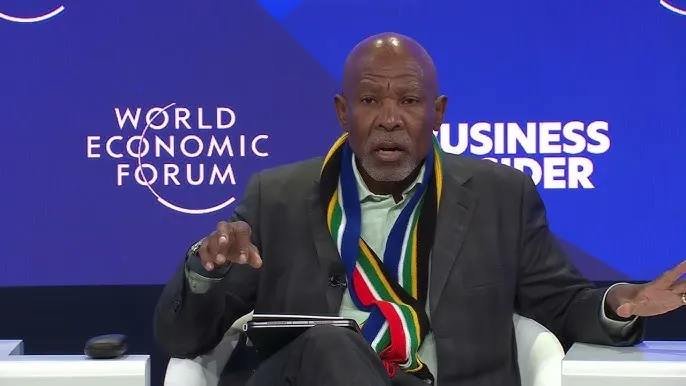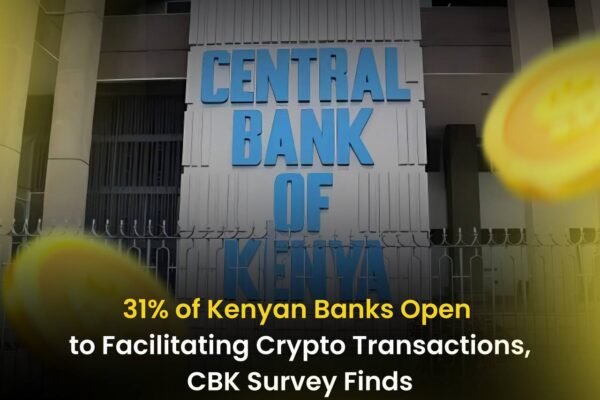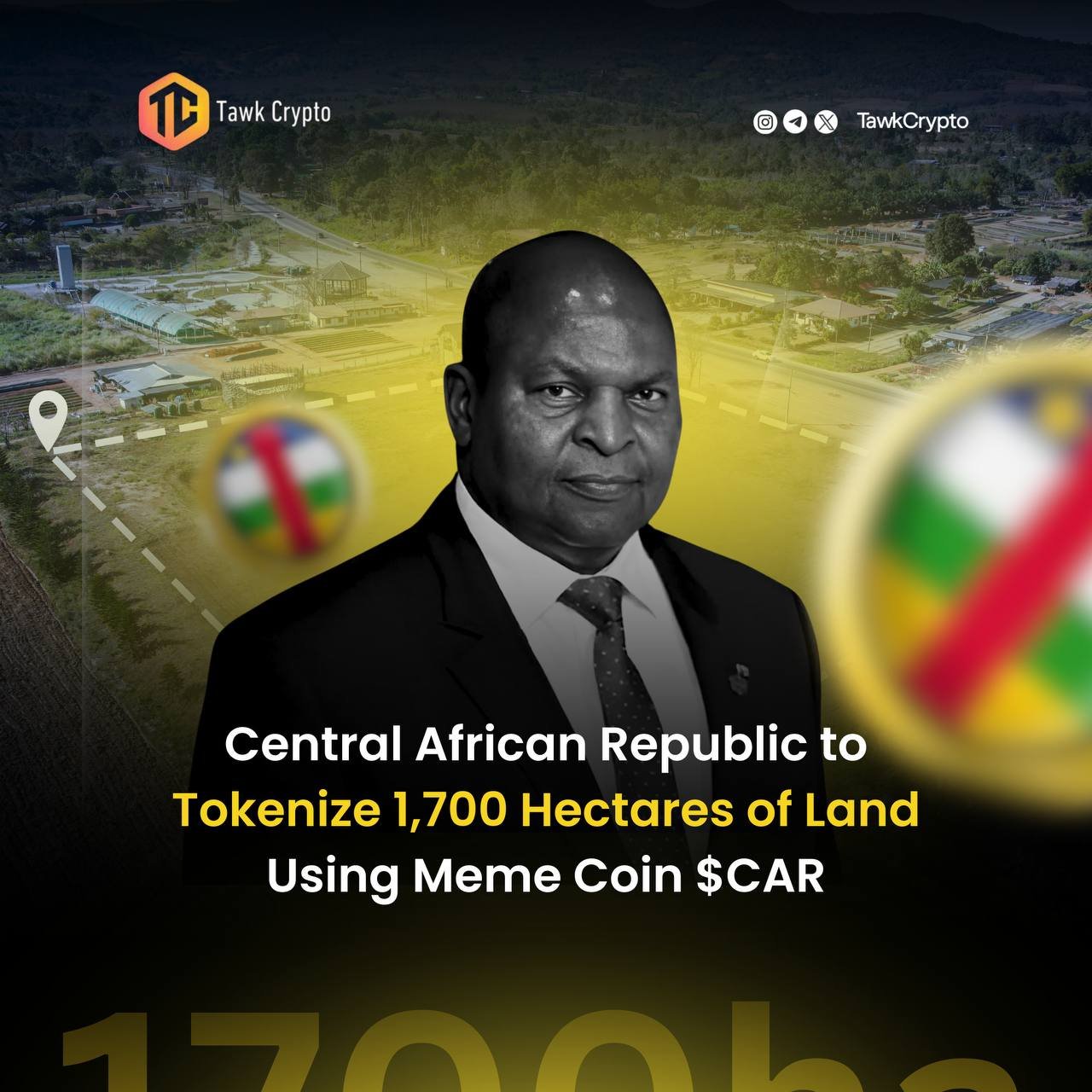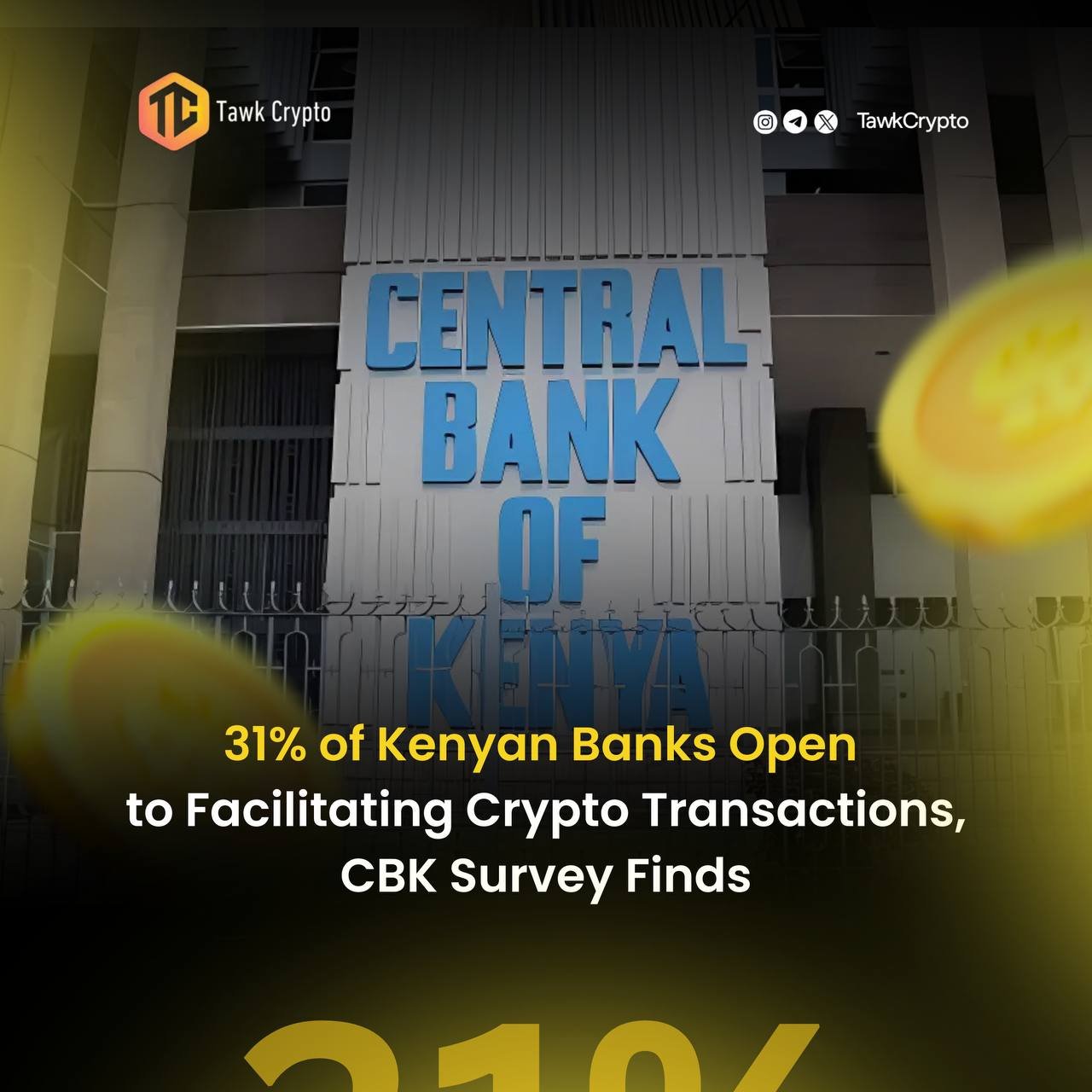

Crypto Industry Proving Too Complex for Clear Regulations, Says South African Reserve Bank Governor
The fast-evolving cryptocurrency industry continues to challenge global regulators, with its disruptive nature complicating efforts to establish clear and consistent frameworks. Lesetja Kganyago, Governor of the South African Reserve Bank (SARB), highlighted these issues during the 2025 World Economic Forum (WEF) annual meeting in Davos, Switzerland.
Speaking to an audience of policymakers, industry leaders, and innovators, Kganyago stressed that the volatility and dynamism of the crypto ecosystem require a balanced and collaborative approach to regulation.
“The ecosystem is fairly dynamic, but it’s volatile,” Kganyago said. “It’s characterised by rapidly-moving technological innovation…so part of it is going to be a learning journey between the players and the regulators.”
The Complexity of Crypto Regulation
Kganyago acknowledged that the challenge lies in defining what aspects of the crypto industry require oversight, given its cross-border nature and diverse use cases. He underscored the need for regulations that are both clear and consistent across jurisdictions, ensuring they apply uniformly across industries like banking, trade, and consumer protection.
“Governments must set rules that are clear, that are transparent,” Kganyago emphasized. “Not [set] by political parties that industry could throw resources to because they do not like a particular approach of a particular politician or political party, and therefore throw resources to knock this one out or to keep this one in place. That, for me, is regulatory capture.”
He called for societal collaboration to shape policy conversations, fostering an environment where regulations evolve in a way that benefits all stakeholders.
South Africa’s Pioneering Approach
South Africa has already made strides in regulating the cryptocurrency sector. In 2022, the country’s Financial Sector Conduct Authority (FSCA) classified crypto assets as financial products requiring regulatory oversight. This milestone made South Africa the first African country to adopt a comprehensive regulatory framework for digital assets.
The framework emerged from the efforts of the Inter-Governmental Fintech Working Group (IFWG), which developed 25 recommendations to integrate crypto assets into South Africa’s regulatory structure. These recommendations targeted three core areas, ensuring a phased and structured approach to implementation.
“As a regulator, we do not regulate technology. We regulate activity; we are technology-agnostic,” Kganyago noted. “It’s not for governments to decide which assets or products the consumer should be using.”
Industry Support for Clear Rules
Kganyago’s sentiments received support from Danelle Dixon, CEO of the Stellar Development Foundation, who echoed the need for regulatory clarity.
“Governor, what you said is exactly what we all wanted,” Dixon said during the forum. “We wanted rule-making and clarity; we wanted that to happen. That wasn’t happening for four years, and I think that’s the challenge.”
The dialogue reflects a growing consensus among industry players and regulators: clear, transparent, and consistent rules are crucial for the sustainable growth of the cryptocurrency sector.
Bitcoin’s Place in South Africa’s Strategy
Despite his progressive stance on regulation, Kganyago maintained skepticism about Bitcoin’s intrinsic value. When questioned about a South African Bitcoin reserve strategy, he dismissed the notion, stating, “I do not see any intrinsic value in Bitcoin as opposed to gold.”
This position aligns with South Africa’s cautious approach to digital currencies, focusing on activity-based regulation rather than endorsing specific assets.
The Road Ahead
Kganyago’s remarks highlight the ongoing challenges and opportunities in regulating the crypto industry. South Africa’s regulatory progress sets an example for other nations grappling with the complexities of this dynamic sector. As discussions continue, the global crypto community will look to forums like Davos to foster collaboration and drive meaningful regulatory advancements.







